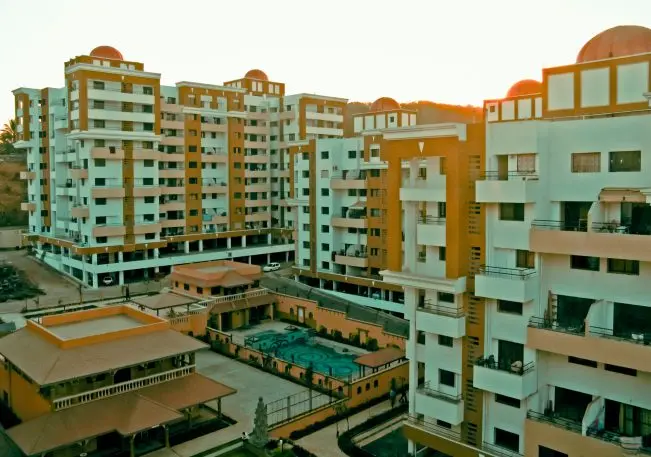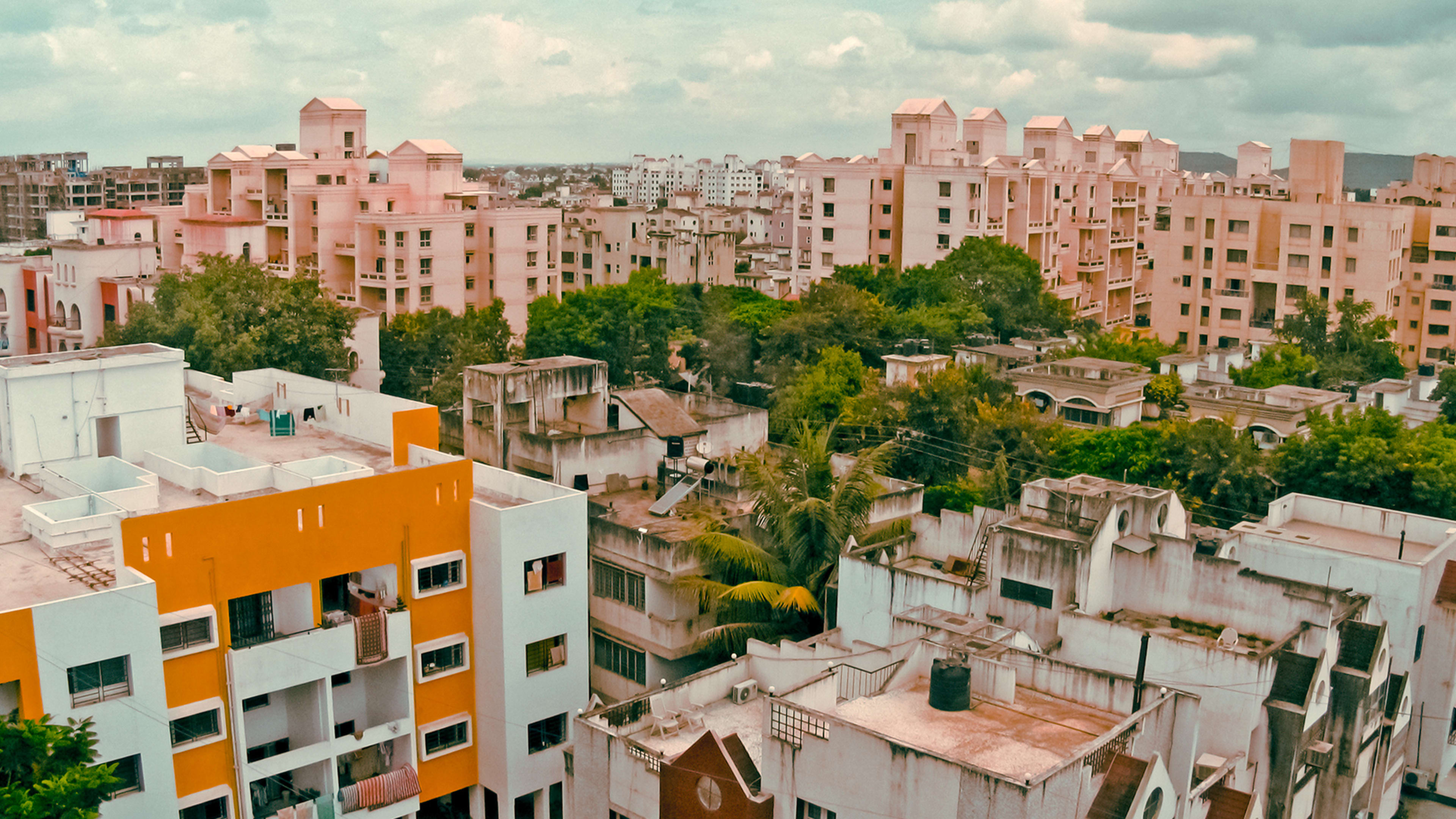A city of over 3 million people in western India, Pune is unique for having one of the most robust sewer systems in the country: While no city in India has a sewer system that reaches its entire population, Pune is just one of four, alongside Chennai, Surat, and Gurgaon, whose network of closed drains connects over 70% of the city. That, however, does not mean it’s effective. Around 64% of Pune’s sewage water goes untreated, and the contaminated fluids that leak into drinking water supplies exacerbate diseases like cholera and E. coli among the region’s residents.
In 2016, Pune was one of the nearly 100 Indian municipalities included in Prime Minister Narendra Modi’s Smart Cities Mission–a push to use technology and innovation (and private sector companies) to foster inclusive and sustainable growth. At World Water Week, held in Stockholm in late August of this year, the Pune Municipal Corporation (PMC) announced a plan to use its smart city designation to tackle its sanitation quandary by launching a collaboration that will set Pune on the path toward becoming the world’s first “smart sanitation city.”
To do so, PMC has partnered with the Toilet Board Coalition (TBC), an alliance formed in 2014 of private companies like Unilever and Kimberly-Clark, and nonprofits like The World Bank and WaterAid, who have made it their mission to secure worldwide access to sanitation by 2030. The idea in Pune, TBC’s CEO Cheryl Hicks tells Fast Company, is to apply the smart city hallmarks of data collection and analysis toward the end of eradicating open defecation, and developing a network of smart, sustainable, and, to use Hicks’ word, “aspirational” community toilets.

“Earlier this year, the Toilet Board made the decision to really double down on our efforts in India,” Hicks says. Parallel to Modi’s Smart Cities Mission, the Indian government has, since 2014, been overseeing the Swachh Bharat Abhiyan, or Clean India Mission, in an effort to end open defecation and boost access to sanitation systems nationwide. The TBC, Hicks says, saw an opportunity to support the campaign by bringing its array of partner companies and nonprofits in to bolster the efforts of smaller sanitation startups and initiatives.
Pune, in particular, is poised for innovation, says Prabhat Pani, project director for the Water Mission of the Tata Trusts, India’s oldest scientific organization and one of TBC’s partners on the ground in India. Earlier in 2017, Pune became one of the first three cities in India to be certified by the World Council on City Data, a network of municipalities committed to using open data to improve quality of life for their residents. Part of that certification involves appointing a “data officer” for the city, Pani tells Fast Company, and for that reason, the Tata Trusts recommended Pune to the TBC as a city already equipped with the data infrastructure to support smart sanitation efforts.
And Samagra, a company founded in 2011 to provide clean, accessible toilets to the urban poor, is based in Pune, and was among the handful of small startups to participate in the TBC’s accelerator program to grow sanitation companies in the developing world. They, along with large corporate partners like Unilever and LIXIL Corporation (the parent company of American Standard), will continue to build out and innovate around community toilets and waste collection systems.
Where the “smart” concept will emerge will be in how sensors are deployed across the sanitation system, and in how data collected by those sensors will be used to optimize use. “Some of the common features of smart cities have to do with transportation and mobility, and there’s really a use case here for sanitation, too,” Hicks says. “What if sensors could monitor optimal routes for waste transport around the city, and signal when toilets need to be cleaned or when waste management systems are full?” Digitizing the sanitation and collection process, Hicks says, would ensure that the toilets remain clean and hygienic, which in turn, she hopes, would boost usage among Pune’s residents, as would outfitting the toilets with Wifi to create a channel of communication with residents.
Perhaps nobody is more familiar than Hicks with the hurdles to be navigated in any discussion of sanitation. It is not a sexy industry, and the problems facing it and attached to it are so overwhelming as to be prohibitive of progress. But attaching the issue to the very buzzy concept of smart cities could go a long way toward bringing sanitation into the fold of modernity and sustainable development. At least, that’s the hope in Pune, though the city won’t know for sure if their strategy will succeed until they begin implementing it next year.
Recognize your brand’s excellence by applying to this year’s Brands That Matter Awards before the early-rate deadline, May 3.
